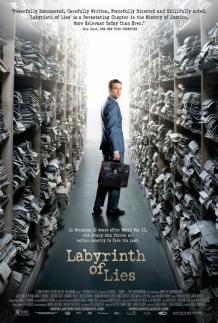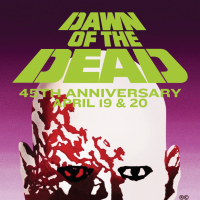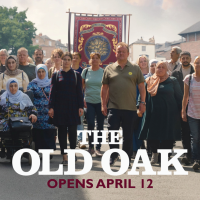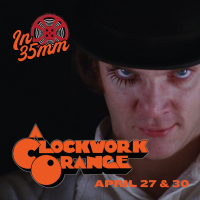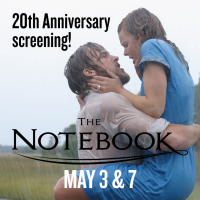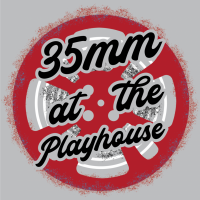“A principled young prosecutor in post-WWII Germany uncovers inconvenient truths about his country’s recent past in “Labyrinth of Lies,” an intelligent and arresting fact-based drama. With artfully muted measures of amazement and outrage, actor-turned-feature-filmmaker Giulio Ricciarelli and co-scripter Elisabeth Bartel illuminate a relatively obscure chapter of German history, the campaign to identify, locate, and bring to trial some 22 “very normal Germans” who had actively facilitated the Final Solution at Auschwitz — but remained unpunished, and largely forgotten, long after the war ended.
“Alexander Fehling (“Inglourious Basterds”) evinces an effective mix of naivete, idealism and implacable dedication — along with flashes of self-righteousness, and bottled-up rage that occasionally is uncorked – in the lead role of Johann Radmann, a composite of three real-life prosecutors who participated in the 1963-65 Frankfurt Auschwitz trials. His ambition is stoked — during a brief encounter with a journalist seeking justice for his artist friend, an Auschwitz survivor who recently spotted one of his wartime tormentors teaching at a local school.
“Trouble is, no police official wants to accept a complaint against the schoolteacher, and no one at the prosecutor’s office wants to file a charge. Radmann is initially bewildered by this institutionalized disinterest, especially after he discovers, after only the most cursory of investigations, that the teacher had been a member of the Waffen SS in Auschwitz. As Radmann delves through the mountains of files stored at the U.S. Army Document Center, he finds evidence that thousands of former Nazis simply returned to their everyday lives following the war, and were left free to do so by a German citizenry eager to return to normalcy during the postwar era of the economic miracle.
“His diligence is not universally applauded. Contemporary audiences may find it difficult if not impossible to believe that, well into the 1950s, most Germans of Radmann’s generation knew nothing of what transpired at Auschwitz. And their elders — not just Nazis, but Germans who preferred to forget — were not of a mind to educate them. This is the phenomenon at the heart of “Labyrinth of Lies,” a prosaic but fascinating account of how a dense fog of nationwide amnesia was dissipated by the relentless pursuit of justice.” - Variety

